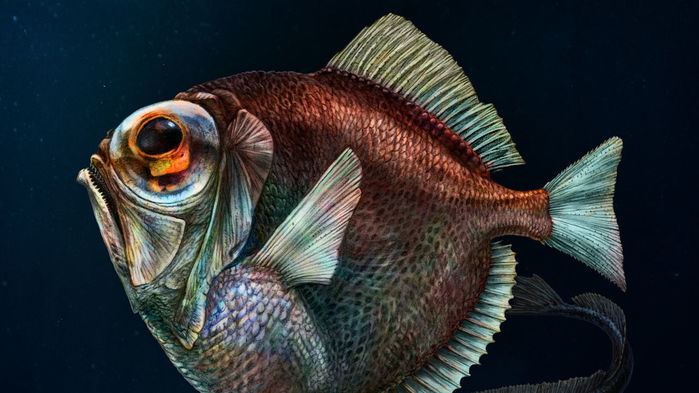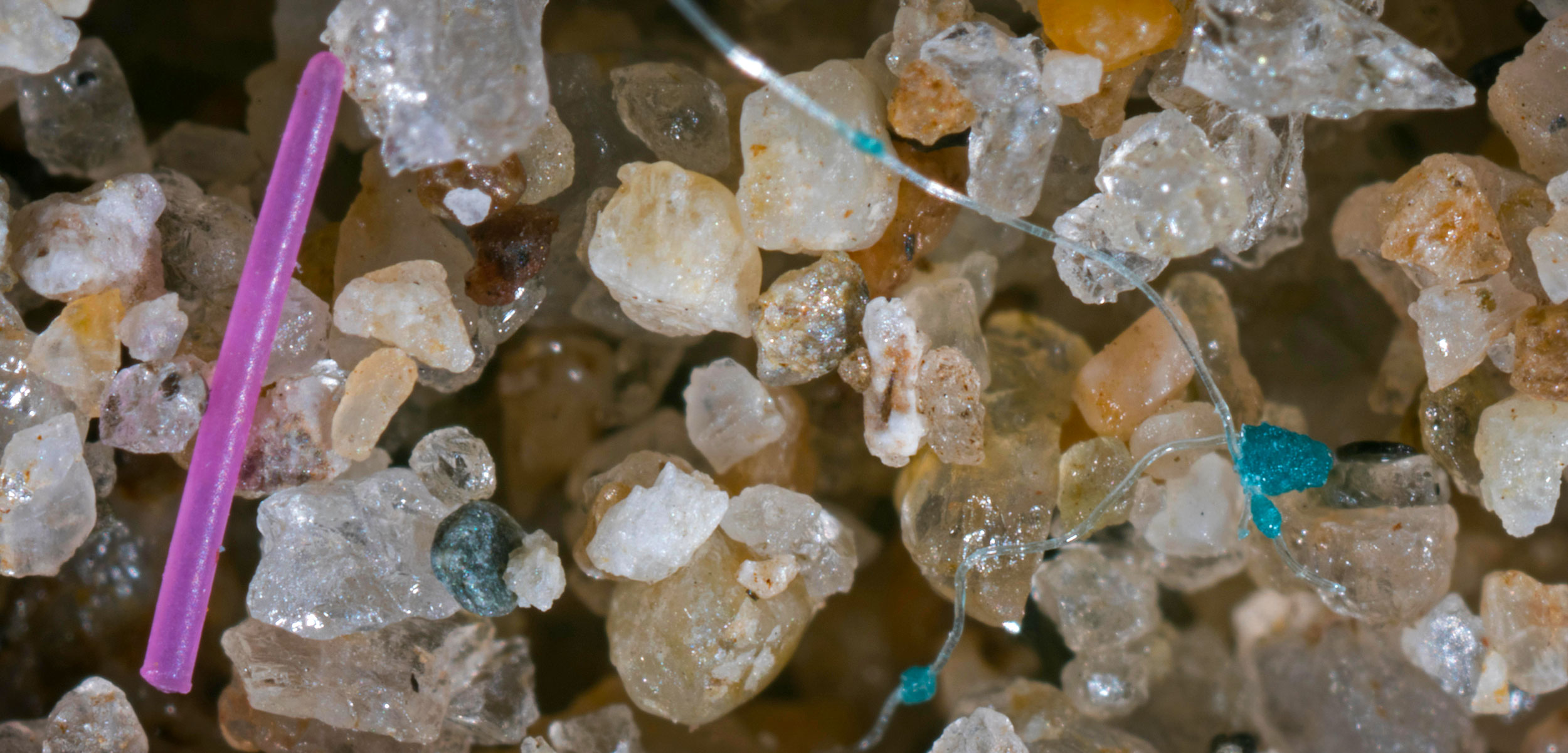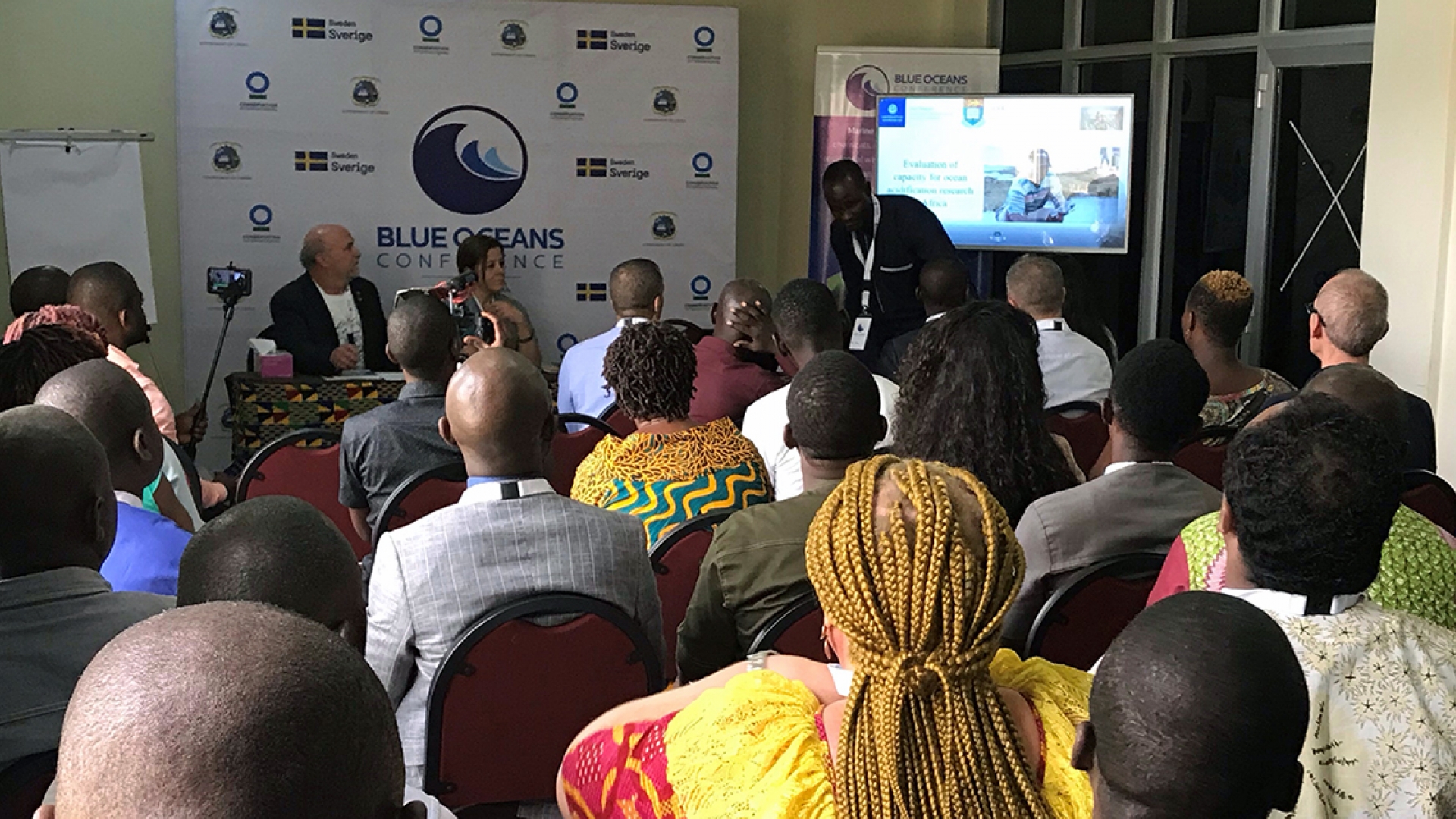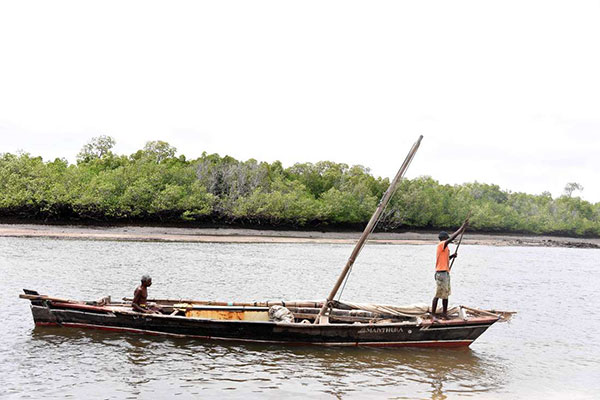When the ancestors of cave fish and certain crickets moved into pitchblack caverns, their eyes virtually disappeared over generations. But fish that ply the sea at depths greater than sunlight can penetrate have developed super-vision, highly attuned to the faint glow and twinkle given off by other creatures.
The small pieces of plastics that pollute our oceans are more diverse than we make them out to be. Recognizing their variety may help us find solutions.
Scientists from all over the African continent convened in Monrovia, Liberia, during a side event at the Blue Oceans Conference at the end of March to discuss how to tackle ocean acidification. The group of scientists are part of Ocean Acidification Africa (OA-Africa), a network supported by the IAEA through its Ocean Acidification International Coordination Centre (OA-ICC).
Kenya has banned fishing activities off the Coast near the Somalia border over security concerns.
South Africa is considering an outright ban on certain plastic products. It's worth considering just how large the scale of plastic pollution is.
We celebrate World Oceans Day to remind everyone of the major role the oceans have in everyday life. They are the lungs of our planet, providing most of the oxygen we breathe. The purpose of the Day is to inform the public of the impact of human actions on the ocean, develop a worldwide movement of citizens for the ocean, and mobilize and unite the world’s population on a project for the sustainable management of the world's oceans.






